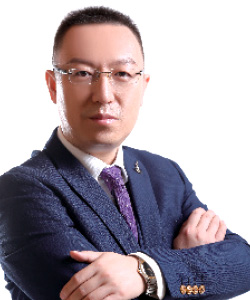We asked intellectual property inhouse counsel about the challenges in their work and what they see as the most significant legal developments
GCL Group boasts nearly 2,000 patents and intellectual property rights (IPR). We have led or participated in the formulation of about 60 national industry standards. In the future, we will put our focus on the IPR in the oil and gas, and semiconductor integrated circuit industries.

General manager, legal department
Golden Concord Holdings
Chinese enterprises aspire to have our IPR in the field of integrated circuits. Since our ability in research and development is limited, we tend to acquire some competitive patents in the international market through means like mergers and acquisitions (M&A). However, due to the Sino-US trade war, the strict examinations of the Committee on Foreign Investment in the United States (CFIUS) and other similar policies in Europe, Chinese enterprises have faced great difficulties in acquiring good-quality resources overseas, which poses many barriers for us to acquire technological patents.
In my view, not all executives have realized the importance of technical staff. On the one hand, executives are key performance indicator-oriented, especially for those in listed companies, because they are under pressure when it comes to disclosing performance to the outside world. On the other hand, it takes time to achieve technological innovation. Therefore, people tend to pursue short-term interests when facing such contradictions.
In addition, we hope that the government can allocate more resources in the field of technological innovation to enterprises, rather than favouring research institutes. The birth of companies like Apple and Google was not planned. Neither was Huawei.
You must be a
subscribersubscribersubscribersubscriber
to read this content, please
subscribesubscribesubscribesubscribe
today.
For group subscribers, please click here to access.
Interested in group subscription? Please contact us.




























